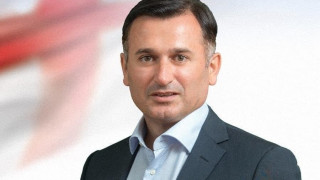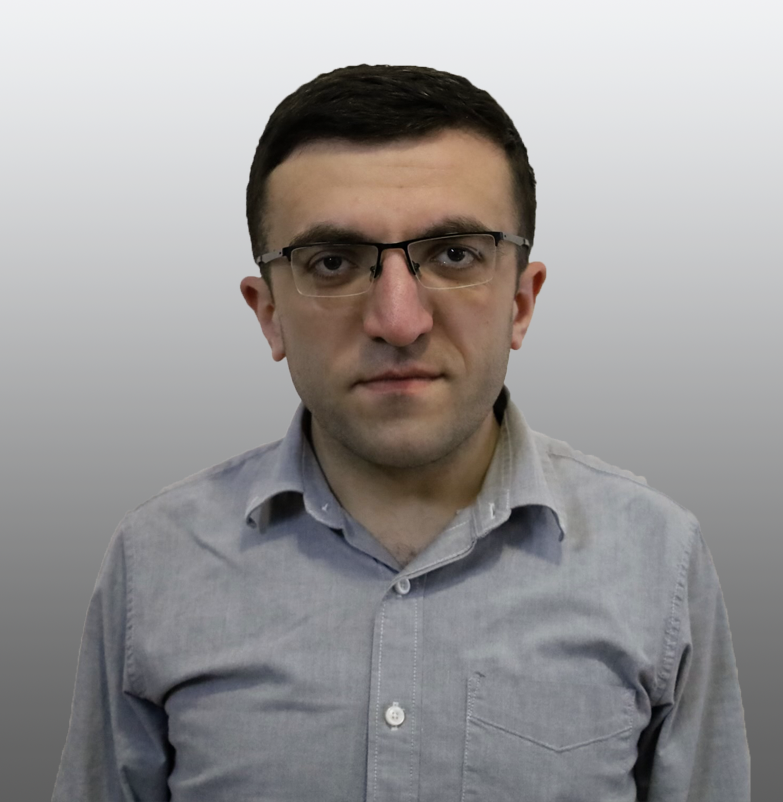Davit Kirkitadze: “Despite banning advertising, gambling business revenue has increased.”
Verdict: FactCheck concludes that Davit Kirkitadze’s statement is TRUE.
Gambling legislation has been tightened since March 2022; in particular, banning gambling advertisements. It was argued that this would lead to a reduction on gambling.
In 2021, the total gambling turnover (the sum of placed bets) reached GEL 48.1 billion and it increased further by 10% to GEL 52.9 billion in 2022. In the first half of 2023, the growth rate exceeded 20% as compared to the same period of the previous year.
In 2021, TV channels earned GEL 80 million advertising revenues, including GEL 17.9 million from the gambling sector. In 2022, advertising revenues decreased to GEL 73.6 million with GEL 4.8 million of that amount coming from gambling (in January-February).
Gambling did not decrease following the tightening of the regulations; rather, only the growth of the gambling sector dropped. Of additional note is that apart from banning advertisements, other restrictions were also implemented – the legal gambling age was raised from 21 to 25, civil servants were prohibited from gambling and so on. It is currently unknown how each of these restrictions affected the gambling sector. However, the fact that the goal to reduce gambling remains unattained was confirmed by the Prime Minister Irakli Gharibashvili who announced further hikes in the profit tax for the gambling sector as well as higher commission fees for withdrawing money.
The prohibition of gambling advertisements only marginally affected the sector which means that media’s advertising revenues have dropped sharply. As a result, FactCheck concludes that Davit Kirkitadze’s statement is TRUE.
Analysis:
United National Movement MP, Davit Kirkitadze, in his speech before the Parliament of Georgia, spoke about the decrease in media revenues and named the legislative change enacted in 2022 as the reason behind this: "Gambling business ads were banned in the media which had a great effect on media financing whilst revenues in the gambling sector increased further. This means that there was no effect in either a reduction of the number of players or money turnover. It had the sole purpose of further shrinking the already shrinking advertising market for the free media... Now, the purpose of the bill you have submitted is to accumulate additional money in the budget and you are not really thinking about a reduction of gambling.''
Prior to 2022 before gambling regulations were tightened, the sector was considered to be one of the fastest growing businesses. If in 2011 gambling turnover (the sum of placed bets) amounted to GEL 424 million and was equal to 1.2% of the total business turnover, its volume increased to GEL 5.5 billion in 2016 in terms of money and accounted for 8.6% vis-à-vis the total business share. After another five years, gambling turnover exceeded GEL 48 billion in 2021 - 32% of the total business turnover. In 2020 when casinos were closed to the public for almost ten months (from 16 March), the sector still showed an increase of GEL 6.2 billion because of online casinos.
Graph 1: Gambling Business Turnover

Source: National Statistics Office of Georgia
Since March 2022, gambling legislation has been was tightened in several directions in order to reduce its popularity:
1) Advertising was prohibited.
2) The age threshold has been increased from 21 to 25 years.
3) The socially vulnerable and public service employees were prohibited from gambling.
4) Transfer of money from one account to another has been prohibited.
5) Registration in foreign online casinos has been prohibited.
6) If desired, gamblers were given the opportunity to block themselves from gambling in a special register.
7) The fee has increased.
8) The fee for the withdrawal of won money has increased.
Instead of a reduction in gambling turnover, the result was merely a reduction in the gambling growth rate. In 2020, gambling business turnover increased by 24% as compared to the previous year. In 2021, the growth rate amounted to 49% and it was 10% in 2022. If we take a look at the statistics in more details through the quarters, the effect of the regulatory tightening will turn out to be even less.
Graph 2: Gambling Business Turnover (GEL Billion)

Source: National Statistics Office of Georgia
In the first quarter of 2022, gambling turnover increased by 27% as compared to the same period of the previous year. At that time, the old regulations were still in force in January and February with the new regulations going into effect in March. The growth rate decreased to 5% in the second quarter, to 4% in the third quarter and accelerated to 11% in the fourth quarter. The growth rate in the first and second quarters reached 22% and 27%, respectively, in 2023.
In 2022, the share of gambling turnover in the total business turnover decreased from 32% to 29% whilst it again exceeded 31% in the first half of 2023.
During the process of reviewing the draft law, the opposition, the media and some non-governmental organisations accused the government of trying to put pressure on the media. They argued that the regulations would not solve the real problem and the media outlets that the government could not control would face financial problems due to the reduction of advertising revenues.
As reported by the Georgian National Communications Commission, the advertising revenues of TV channels was GEL 79.8 million in 2021 with the gambling sector accounting for GEL 17.9 million of that amount which is around 22%. In 2022, the total revenues from advertisements decreased to GEL 73.6 million and the revenues from gambling advertisements dropped in particular (January-February) to GEL 4.8 million.
Graph 3: Revenues from TV Advertisements by Sources

Source: Georgian National Communications Commission
The Georgian National Communications Commission does not have information on the advertising revenues of online agencies nor is there any other reliable research available. However, given the specifics of gambling, the share of revenue received from the sector should be high for them as well.
Of additional note is that the draft law similar to the amendments adopted in 2022 was rejected twice by the Georgian Dream. This happened for the first time in 2013 when the Parliament rejected the draft law initiated by MP Koba Davitashvili which was supported in the first reading. Even in that case, the initiative envisaged a ban on advertising and not the complete shutdown of casinos. At that time, this initiative was denied on the grounds of "not harming the advertising business." Bidzina Ivanishvili, who held the position of Prime Minister at that time, drew attention to the risk of damaging the investment environment.
Since 2017, Levan Gogichaishvili, MP, also called for the tightening of the law. In 2019, the Parliament rejected his initiative.
The legislative changes adopted in 2022, together with some additional restrictions, also bring together the draft laws initiated by both Koba Davitashvili and Levan Gogichaishvili.
In 2022, it was not the gambling turnover but the turnover’s growth rate that decreased temporarily. However, it is not possible to determine the extent to which this reduction is attributable to the ban on advertisements, the increase of the age barrier, the ban on gambling for civil servants and the other additional regulations. In any case, the declared goal remained unattainable and the gambling turnover still increased albeit at a relatively low percentage.
As of 10 November 2023, there are 10,793 persons registered in the list of gambling addicts compiled in the database of the Revenue Service. Of this amount, 40 persons were added to the list by a judge's decision and 10,753 by their own will. These individuals are no longer permitted to gamble but a similar registry could have been created without banning gambling advertisements just like raising the legal gambling age or the adoption of some other additional regulations without placing a ban on advertising.
Despite banning gambling advertisements, gambling business revenues increased in 2022 as compared to 2021 whilst revenues from advertisements for TV channels plummeted. Given all of the aforementioned, FactCheck concludes that Davit Kirkitadze’s statement is TRUE.








